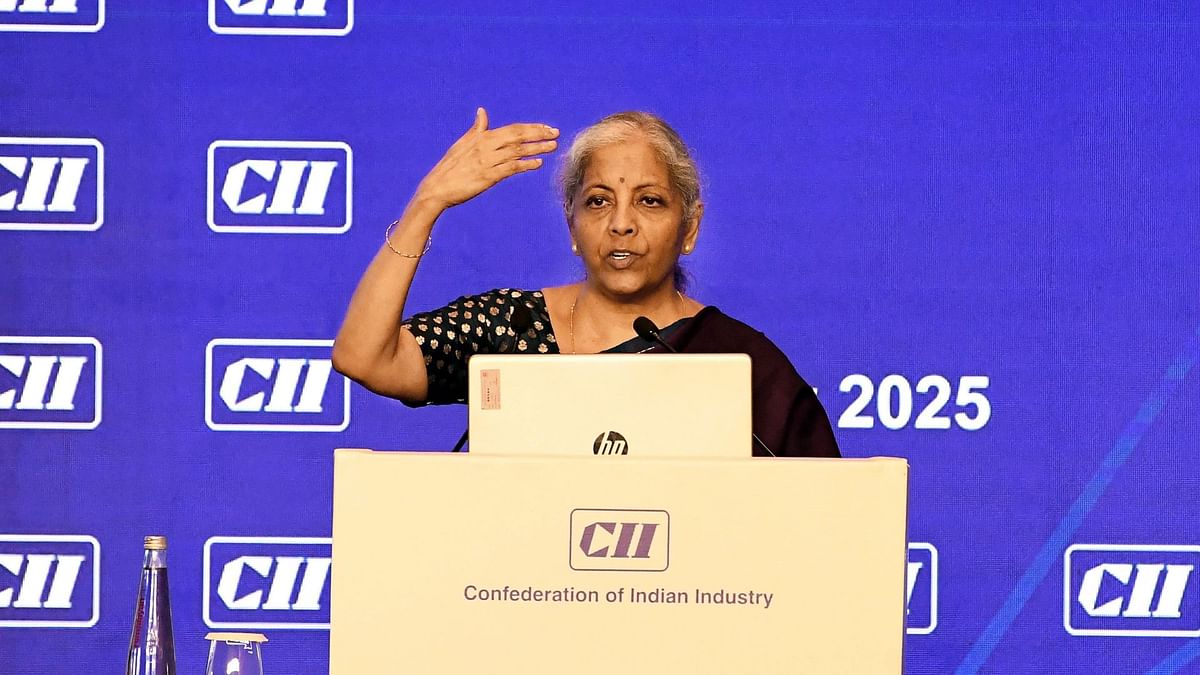Nigeria’s chief of defence staff, Christopher Musa, says the military has been forced to burn vessels seized for oil theft due to delays and technical failures in the legal system.
Speaking on Channels Television’s Politics Today, Musa said prosecutions of oil bunkering cases often collapse in court, leaving offenders and their vessels free.
“It has to do with the legal system. You take it to court, it’s knocked out for one reason or the other,” he said. “Maybe we should have special courts that will treat cases as quickly as they are. That is very important. I think we need to review the punishment for offences.”
Musa explained that in many cases, seized vessels are returned to offenders after paying what he described as “peanuts,” undermining deterrence.
“That’s why we started burning the vessel, but then, again, people started talking about the environment,” he said. “So you are caught between the devil and the deep blue sea. For us, burning those items once they are arrested, we started having peace. But as long as we keep on arresting them and handing them over and they go to the legal system, it becomes a problem.”
The defence chief said weak legal outcomes also discourage soldiers from risking their lives during arrests.
“You go in, risk all your life, make an arrest; for one reason or the other, technical issues, the item is released tomorrow,” Musa said. “You think that soldier is ready to sacrifice himself to go and make arrests again? It becomes a problem.”
He added that unlike in Nigeria, terrorism and related crimes are treated with utmost seriousness in other regions. “In the Middle East, terrorism cases are serious cases. If your name gets in there, even your family member, nobody will come,” Musa said.









